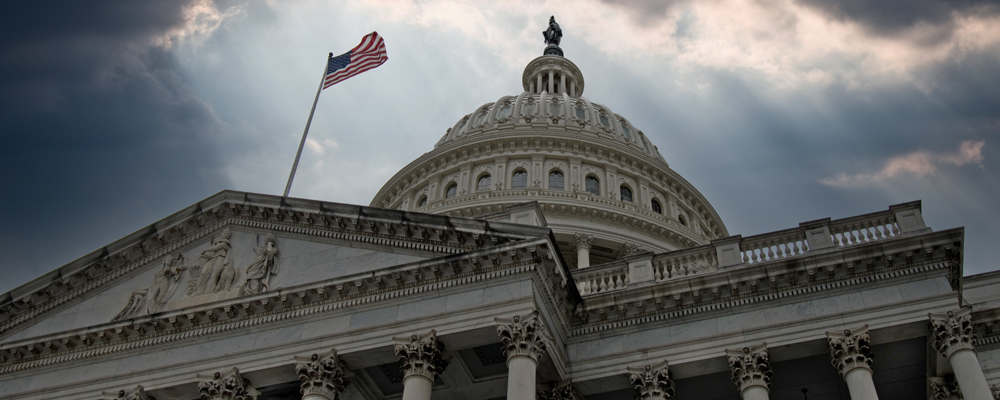By Neena Shukla, CPA, CFE, CGMA, FCPA, CTP
As a contractor, it is essential to maintain vigilance and closely monitor the ever-changing political landscape as it can significantly impact your business operations. The memories of the recent government shutdown in 2018-2019, which resulted in substantial financial losses and operational disruptions, are still fresh in the minds of many contractors. Given the highly polarized nature of the US political climate, it becomes increasingly imperative for contractors to proactively monitor government activities that may potentially affect their business. In this article, we will delve into the intricacies of government shutdowns, their direct implications on contractors, and equip you with practical strategies to effectively prepare for any future shutdown scenarios that might arise in 2023.
Understanding Government Shutdowns
Government shutdowns occur when Congress and the President fail to reach an agreement on the budget for the upcoming fiscal year. Consequently, non-essential government services come to a halt, and federal employees either face furloughs or work without receiving their due pay. Throughout US history, there have been 21 instances of government shutdowns, with the most recent one lasting an arduous 35 days from 2018 to 2019.
Impacts of Government Shutdowns on Contractors
The impacts of a government shutdown on contractors collaborating with federal agencies are profound and far-reaching. With federal employees facing furloughs or working without pay, contractors may experience delayed or withheld payments for completed work, leading to severe cash flow challenges. Furthermore, ongoing government contracts may be abruptly canceled or put on hold, while potential future contracts might face significant delays or even revocation.
Preparing for a Government Shutdown
To navigate potential government shutdowns effectively, contractors must proactively establish a well-crafted contingency plan. This plan should include a meticulous review of all existing contracts, carefully evaluating payment terms and conditions, and assessing the potential repercussions of delayed payments or abrupt cancellations. Additionally, maintaining open and transparent communication channels with clients is crucial, as it allows for timely exchange of information regarding any anticipated service or delivery delays.
In addition to contingency planning, diversifying your client base is a prudent strategy to mitigate the adverse effects of a government shutdown. By broadening your industry portfolio and reducing reliance on federal contracts, you can minimize potential financial losses and ensure business continuity during challenging times. Lastly, contractors should maintain a sufficient cash reserve to weather the storm of a potential shutdown, ensuring that essential operations can continue uninterrupted.
Preparing for the possibility of a government shutdown is of paramount importance for contractors. By formulating a robust contingency plan, diversifying your client base, and maintaining a healthy cash reserve, you can effectively safeguard your business against potential losses in the event of a shutdown. Remaining vigilant and staying informed about government activities that may impact your business will enhance your ability to overcome uncertainties and ensure the long-term success of your business. Remember, by actively monitoring the political landscape and taking proactive steps to protect your business, you will be well-positioned to navigate the challenging terrain of government shutdowns and emerge stronger in the face of adversity.





